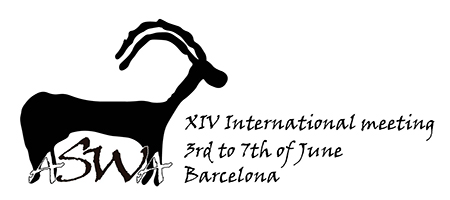This paper provides preliminary results of our ongoing analysis of faunal remains from the Middle Bronze IIa site of Tel Ifshar (1950-1750 BCE). The site is located in the Sharon Coastal Plain region of Israel. Tel Ifshar offers a high-resolution sequence of five major phases with four destruction layers spanning over less than 200 years. The studied faunal assemblage (NISP=3,047) is dominated by sheep and goat (~50% throughout all occupation phases). Cattle and pigs vary according to the occupational horizons. Wild game, which comprise predominantly of mountain gazelle (Gazella gazella) and fallow deer (Dama mesopotamica), also fluctuate over time. The zooarchaeological research seeks to explore the socio-cultural changes at the site in a period with high social and political complexity that might derive from international trade and urbanization. Moreover, the abundance of destruction layers attests to a society living in an atmosphere of conflict and stress, but characterized by resilience. The observed faunal turnover show changes in mode of livestock exploitation in a response to that stress. In addition, the initial phase of settlement supports the hypothesis of migratory agricultural population from the northern Levant. The results of this research find good correlation between periods of intense occupation and livestock management. Further intra-site and intra-regional comparisons with contemporaneous sites highlight the importance of Tel Ifshar in fine-tuning changes in animal management decisions over time.
|
|
|
By author > Marcus Ezra
Cultural and Economic aspects in Middle Bronze Age Tel Ifshar: Preliminary results of the faunal remains
1 : University of Haifa [Haifa]
* : Corresponding author
| Online user: 1 | RSS Feed |

|

 PDF version
PDF version